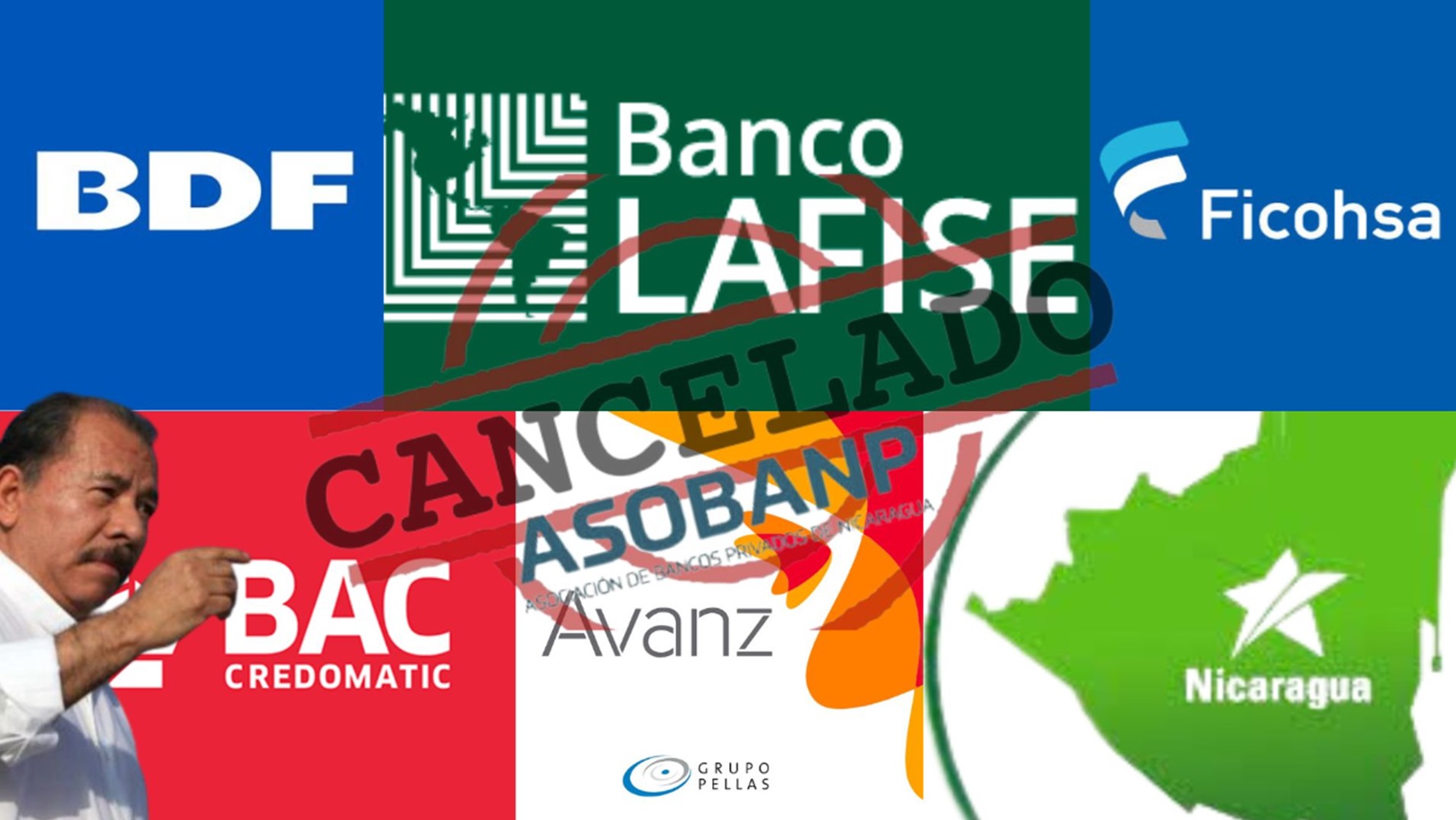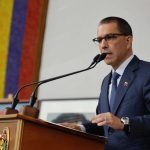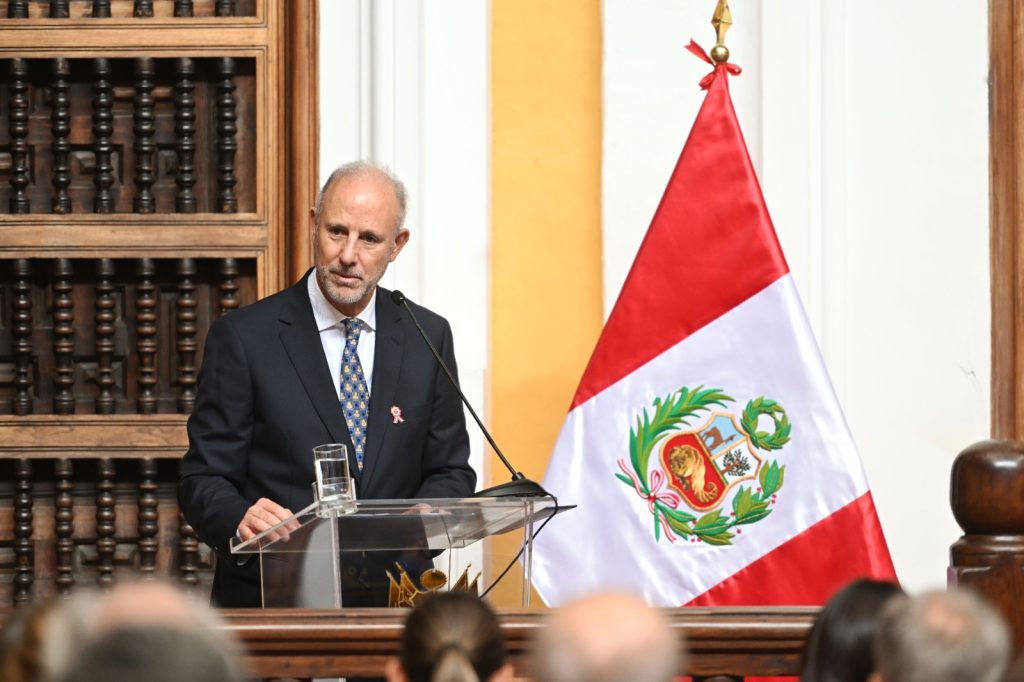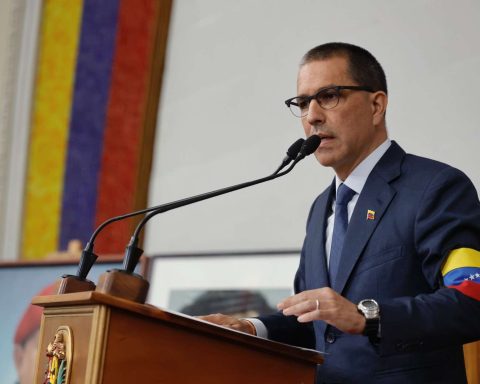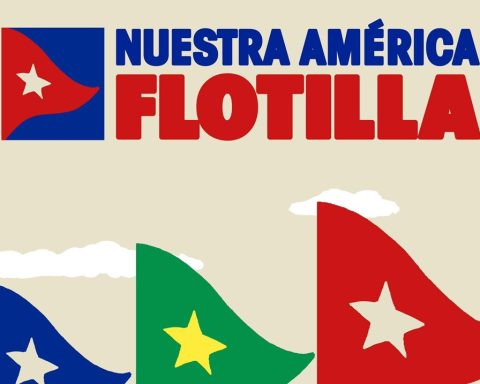The “Law for the protection of Nicaraguans against external sanctions and aggressions”, known as the “law of those sanctioned”, with which the dictator Daniel Ortega seeks to protect his operators, is already in force since last Monday, November 25. politicians and officials designated as international criminals, of the restrictive measures taken by the international community against them for being part of the corruption and repression in Nicaragua.
In an accelerated maneuver, which demonstrates the dictatorship’s rush to put into effect the law with which it intends to evade international sanctions, at least within Nicaragua, it ordered the publication of La Gaceta, Official Gazette, number 218, in “special edition” the same day it was approved in Parliament. This law was published along with the total reforms, disguised as partial, to the Constitution.
In said special edition of La Gaceta, published by the Executive just a few hours after Monday’s parliamentary session, a certification of the approval of the amendments to the Magna Carta and a full text of how it would look after these reforms was published.
In the same special edition, as if it were a law of extreme urgency, approved by the political operators of the dictatorship employed as deputies, the law to protect those sanctioned is published.
That edition of La Gaceta was published in the evening, as a “Summary”, which had even gone unnoticed by the media and specialists who have been following up on the issue.
Related news: Ortega dictatorship will force banks to open accounts for those sanctioned
Article 7 of said norm establishes that its content will come into force “as of its publication in the Official Gazette”, that is, it has already come into force, and the dictatorship immediately put the dagger on the necks of the banks. national authorities to reopen accounts for their sanctioned operators.
So far there are no known reactions from the international financial institutions that maintain relations with Nicaraguan banks, which are obliged to reactivate services to those sanctioned, under penalty of temporary or permanent closures, or even facing prison for “treason against the homeland”. There are also no known reactions from national financial institutions.
The sanctions applied by the United States Office of Foreign Assets Control (OFAC) establish that no natural or legal person, whether in the United States or in transit through that country, may maintain commercial relations or any type of business with sanctioned persons.
Article 66after a careful search on the official websites of financial institutions in Nicaragua, managed to establish that among all the banks established in the country, they have commercial relations or correspondents with about 40 banking institutions from at least 15 countries in the world. The search showed that of the 40 foreign banks they have at least 54 connections with local banks.
